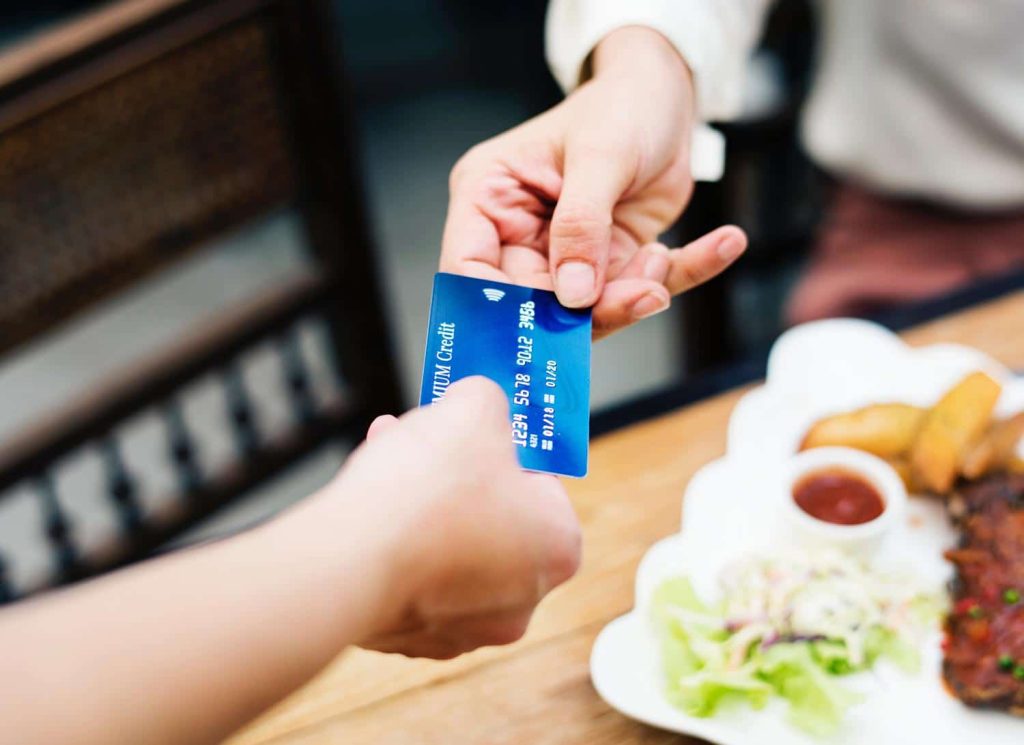The financial burden that recovery places on an individual can be almost overwhelming. The question is should we be giving addicts money?
I have encountered many families who have literally taken out second mortgages on their homes in order to pay for treatment. I’ve also seen individuals whose credit has been destroyed by unpaid deductibles. There are countless number of clients who have been forced to hide cash in their shoes because they can’t safely store money in a bank accounts.
When families fund a loved one’s recovery process the scenario can often be scary. I can’t tell you how many times. I’ve heard parents say “This is the last time, I honestly can’t do this anymore.”
- How do we find a healthy way to support someone on his or her recovery journey without becoming an enabler?
- What is the best way to safely fund basic needs?
- How do we avoid sabotaging our own financial well being while trying to keep our loved ones alive?
These are gigantic and all-important questions, and the best place to start looking for answers is to consider the safest options regarding how we sustain and support our loved ones.
Obviously, there isn’t a black and white answer to this problem, but there are precautions that can be applied to avoid giving clients cash. Many times, recovery centers or families provide gift cards, which is definitely safer than cash. But, the patient’s transaction history can’t be tracked, and receipts can’t be compared. Sadly, gift cards can easily be sold or exchanged for drugs. Even with these risks, however, any alternative option is better than cash—except for bitcoin.
Western Union is also a common cash-retrieval process. Way too many of us have heard the reference “Send the Westie”. Naturally, this is not something I would recommend because the individual is getting cash, which will present temptations. Additionally, Western Union is expensive, which is why I always vote for gift cards over Western Union.
I’ve also heard of well-meaning families who have opened bank accounts as guarantors for someone in recovery. I like this idea, because it allows the families to monitor the spending behavior of their loved ones; there are, however, a lot of risks associated with this method.
The individual in recovery can overdraft the account, which creates an additional burden for the family, and can potentially affect their credit score. Bank cards also give individuals access to cash. It is important to remember that cash is not king for a person in recovery. Instead, for an addict cash is kryptonite.
Fortunately, there is one more monetary-funding option. About five years ago, a company called True Link Financial began offering financial services for elders who were frequently being scammed. The company invented a Visa card that caring family members could control. Luckily, about a year ago they also started offering this service to people in recovery. Families are able to monitor spending, and block charges at ATMs, bars, casinos as well as set budgets and receive spending alerts. This is by far the most advanced tool available to sensibly support your loved one on his or her journey to recovery.
It’s important to remember that True Link’s visa card is not an end-all solution by any means because card holders can still purchase alcohol at grocery stores and gas stations. It does, however, remove an individual’s ability to access cash while still purchasing needed essentials for daily living. And the best part is that it operates as a fully-functional bank account regardless of the person’s credit history. Plus, the account balance can never go negative!
The bottom line is that removing cash is the best place to start when it comes to supporting a loved one’s recovery process.
Author
Hanna Marks
hello@wherehab.com
wherehab.com
Mailing List
Join the Wherehab monthly mailing list, we’ll send you the latest updates, upcoming events and plenty more of Rehab related info. [contact-form-7 id=”6063″]



0 Comments
Join the conversation